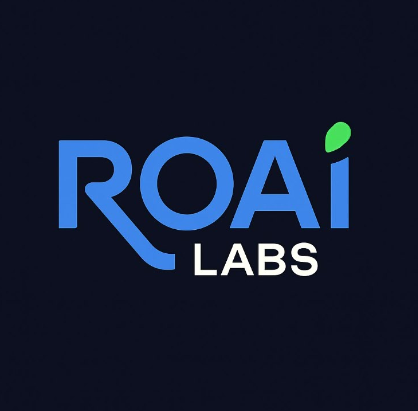Can AI Replace Human Jobs? Exploring the Future of Work
The rise of artificial intelligence (AI) has sparked a heated debate about its potential to replace human jobs. As technology continues to advance, many industries are witnessing significant changes in the workforce landscape. This article delves into the implications of AI on employment, the types of jobs at risk, and the potential for new job creation.
The Current State of AI in the Workforce
AI technologies are increasingly being integrated into various sectors, including healthcare, finance, manufacturing, and customer service. From chatbots handling customer inquiries to algorithms analyzing vast amounts of data, AI is transforming how businesses operate. According to a report by McKinsey, up to 800 million jobs could be displaced by automation by 2030. However, this does not mean that AI will completely eliminate jobs; rather, it will change the nature of work.
Jobs at Risk of Automation
Certain job categories are more vulnerable to automation than others. These typically include tasks that are repetitive and require minimal human interaction. Examples include:
- Manufacturing jobs: Robots and AI systems can perform assembly line tasks more efficiently than humans.
- Data entry and administrative roles: AI can process and manage data faster than a human worker.
- Customer service: Chatbots can handle basic inquiries, reducing the need for human agents.
The Potential for Job Creation
While AI may displace certain jobs, it also has the potential to create new opportunities. The demand for skilled workers who can develop, manage, and maintain AI systems is on the rise. Additionally, new industries may emerge as a result of AI advancements, leading to job creation in fields such as:
- AI ethics and policy: As AI becomes more prevalent, there will be a need for professionals to address ethical concerns and regulatory frameworks.
- AI training and development: Educators and trainers will be needed to equip the workforce with the skills to work alongside AI.
- AI maintenance and support: Technicians and engineers will be required to ensure AI systems operate effectively.
Adapting to Change
To thrive in an AI-driven economy, workers must adapt to the changing job landscape. This involves acquiring new skills and embracing lifelong learning. Employers also play a crucial role in facilitating this transition by investing in employee training and development programs.
Conclusion
In conclusion, while AI has the potential to replace certain human jobs, it also presents opportunities for job creation and transformation. The key to navigating this shift lies in adaptability and continuous learning. By embracing change, both workers and businesses can harness the benefits of AI while mitigating its challenges.

0 comments